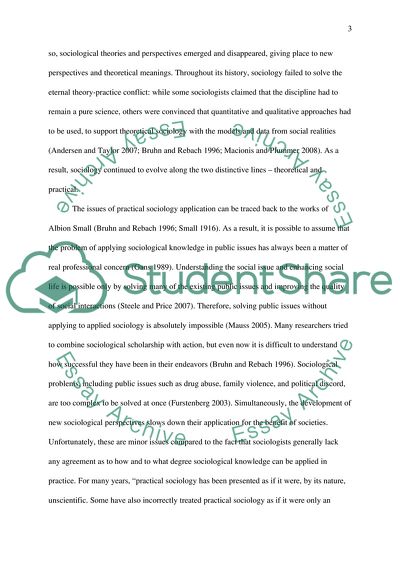Cite this document
(Problems of Applying Sociological Knowledge to Public Issues Essay, n.d.)
Problems of Applying Sociological Knowledge to Public Issues Essay. https://studentshare.org/sociology/1774466-critically-discuss-the-issuesproblems-of-applying-sociological-knowledge-to-public-issues
Problems of Applying Sociological Knowledge to Public Issues Essay. https://studentshare.org/sociology/1774466-critically-discuss-the-issuesproblems-of-applying-sociological-knowledge-to-public-issues
(Problems of Applying Sociological Knowledge to Public Issues Essay)
Problems of Applying Sociological Knowledge to Public Issues Essay. https://studentshare.org/sociology/1774466-critically-discuss-the-issuesproblems-of-applying-sociological-knowledge-to-public-issues.
Problems of Applying Sociological Knowledge to Public Issues Essay. https://studentshare.org/sociology/1774466-critically-discuss-the-issuesproblems-of-applying-sociological-knowledge-to-public-issues.
“Problems of Applying Sociological Knowledge to Public Issues Essay”. https://studentshare.org/sociology/1774466-critically-discuss-the-issuesproblems-of-applying-sociological-knowledge-to-public-issues.


